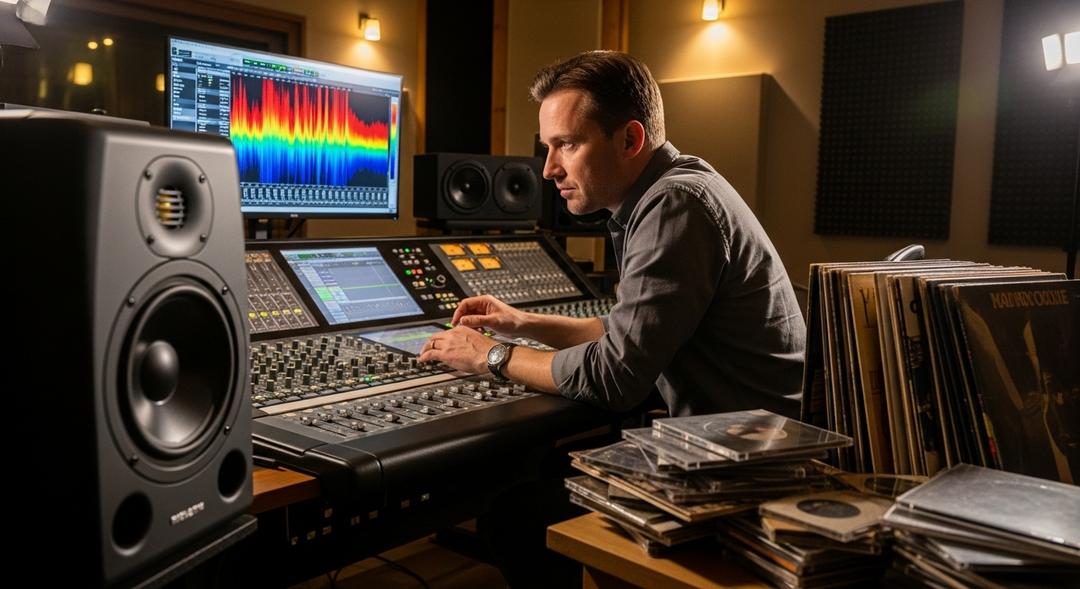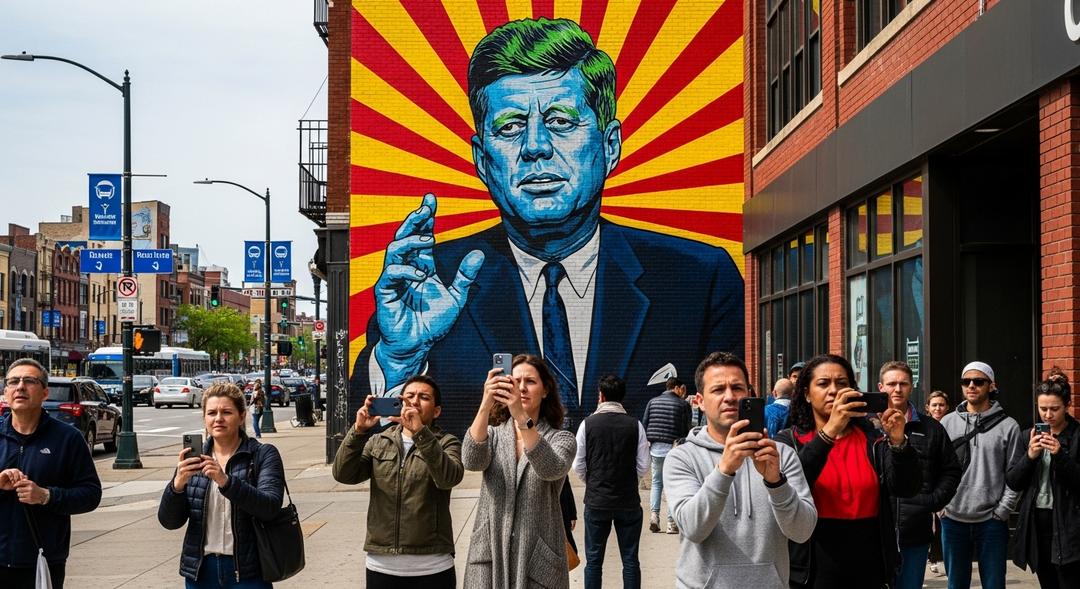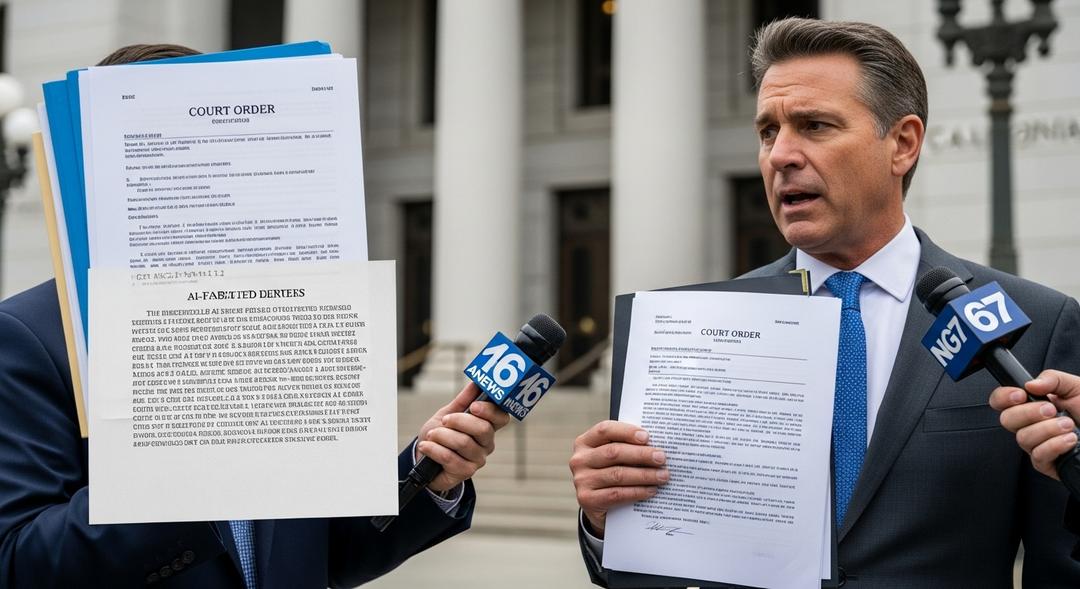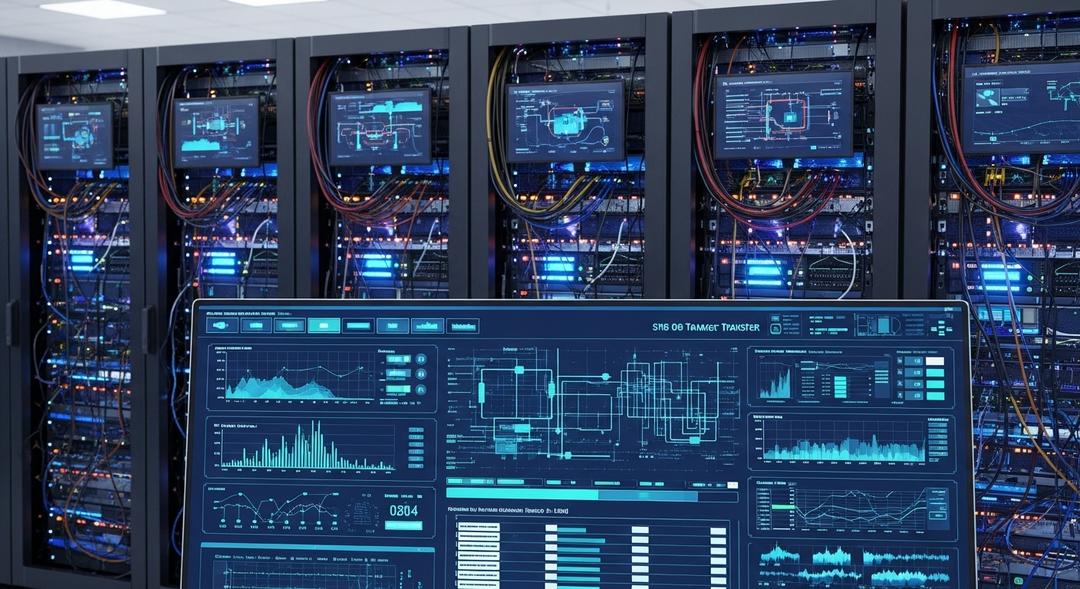Music industry giants have cranked up the heat on Suno, insisting the AI startup crossed a legal line by grabbing songs off YouTube to build its artificial intelligence music models.
In fresh allegations filed on September 19, the Recording Industry Association of America accused Suno of ripping music directly from streaming tracks, ignoring digital locks that are meant to keep material out of unauthorized hands.
According to the complaint, Suno used specially written programs to extract, save, and copy thousands of protected tracks from big names like Universal, Sony, and Warner without permission.
RIAA lawyers argue Suno sidestepped YouTube’s protective encryption, called a rolling cipher, a move they say falls squarely under the anti-circumvention rules in the Digital Millennium Copyright Act.
Section 1201 of the Copyright Act is in the spotlight. This law says that nobody can get around digital gates set up to shield copyrighted content, whether you are trying to jailbreak a phone or, as in Suno’s case, train a robot musician with chart-toppers.
For years, this rule has raised obstacles for everyone from consumers who want to tinker with their gadgets to repair technicians. But music reps say this dispute brings the law home to the very problem it was meant to solve: stopping digital pirates from using tricks to bypass copy protection.
Legal Uncertainty and Industry Pushback
Suno, for its part, has not revealed exactly what music fed its algorithms, nor provided a clear answer on how the material was collected. The company argues its work is protected by the fair use doctrine, citing court rulings that have, in some cases, sided with the creators of AI tools using copyrighted material for training.
Yet the new complaint seeks to undercut this position with research from a major publishing group, which claims Suno gained access to the data by breaking YouTube’s security walls.
Comparisons have surfaced with the recently paused $1.5 billion legal battle over book piracy involving Anthropic, another company whose AI training practices triggered a lawsuit.
The RIAA says Suno’s actions are egregious, asserting the company “fed decades worth of the world’s most popular sound recordings” into its AI without any green light from record labels.
On top of that, the association is demanding $2,500 in damages for every single act where Suno bypassed encryption, plus up to $150,000 for each track it allegedly copied without consent.
Cary Sherman, head of the RIAA, emphasized, “This isn’t about stifling innovation— it’s about protecting the creative work of artists.”
The legal battle now stands as a closely watched test for just how far AI startups can go before crossing the line set by copyright law.








